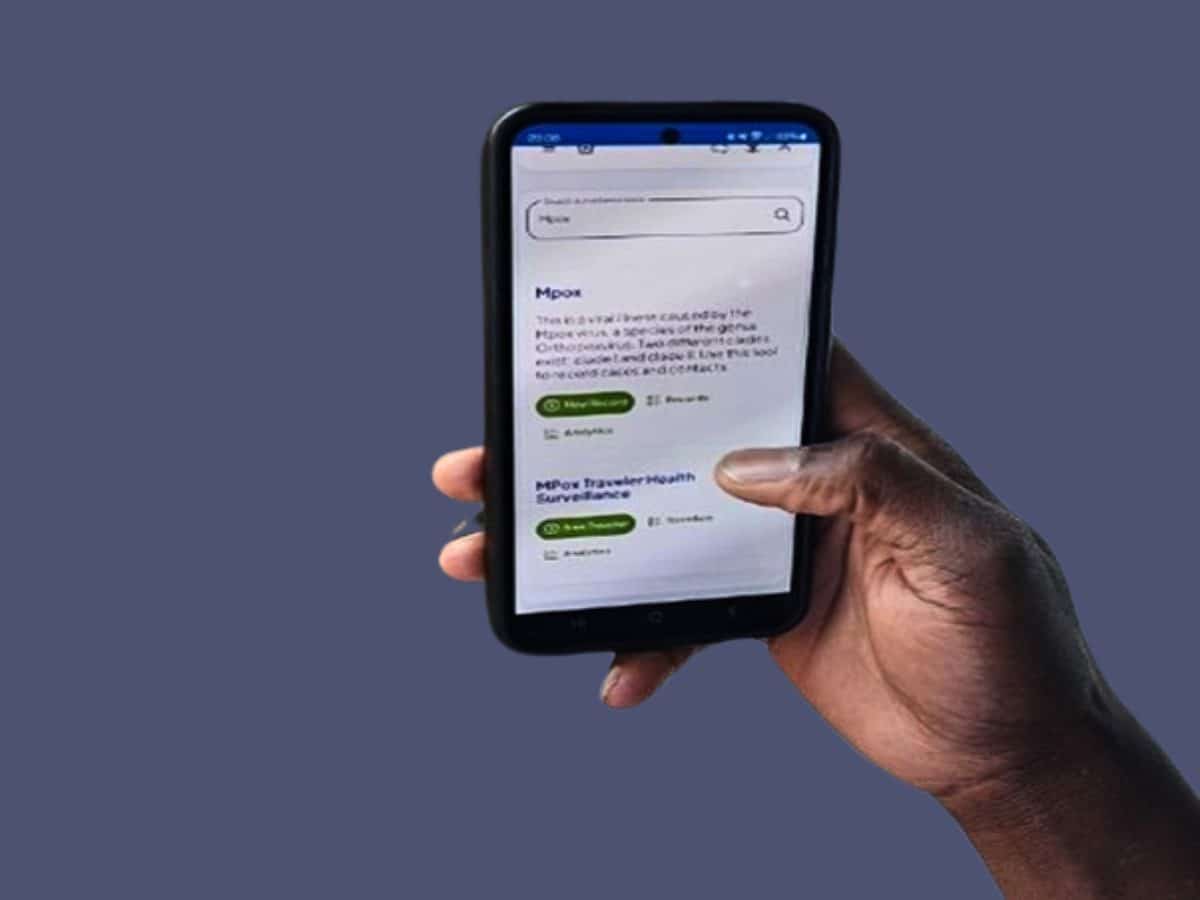Since December 2013, when conflict broke out in South Sudan, ICAP has worked tirelessly to sustain efforts for the provision of HIV care and treatment services nationwide and support uninterrupted access to antiretrovirals for HIV patients.
ICAP began working in South Sudan in September 2012, a year after the country gained its independence. With support from the Centers for Disease Control and Prevention (CDC) through the President’s Emergency Plan for AIDS Relief (PEPFAR), ICAP began working with the Ministry of Health and the South Sudan AIDS Commission, providing technical assistance (TA) and capacity building support to strengthen program management at the national level in order to expand HIV services and to ensure effective implementation of the national HIV program.
When the political dispute erupted, ICAP’s team was in the final phase of a comprehensive assessment of South Sudan’s ART programs, working with 22 health facilities across the country examining issues related to patient care, ART service delivery, human resources, infrastructure and equipment, and supply chain management.
In late December 2013, due to the deteriorating security situation, ICAP’s office in Juba was closed and staff began providing technical assistance from a distance to support partners on the ground and sustain access to care. Working through the strong relationships they had established, ICAP’s clinical staff maintained regular contact with ART sites across the country and worked closely with partners at the Ministry of Health to support a minimum HIV care package for patients. With hundreds of thousands of people forced to flee their homes and communities, patient access to the ART clinics they rely on was increasingly jeopardized.
While the violence has declined and a cease fire is in place, thousands of deaths have been reported and an estimated 500,000 people are internally displaced, according to the International Organization for Migration.
As the international aid community plans its broader response , ICAP is working closely with its partners at the CDC, providing information and updates from South Sudan to inform care and services for internally displaced people and patients with HIV.
In addition to supporting the emergency HIV response, ICAP is also documenting the impact of the violence on South Sudan’s health system and monitoring commodity situation, services being offered and patient flow. At the same time, ICAP is capturing lessons learned and best practices for providing effective remote TA at all levels of the health system.
Florence Bayoa, ICAP country director in South Sudan, said, “The current conflict in South Sudan will require reprioritizing and refocusing ICAP’s plans to meet the realities on the ground. With the support of the CDC, ICAP’s staff is well equipped to do so.”







